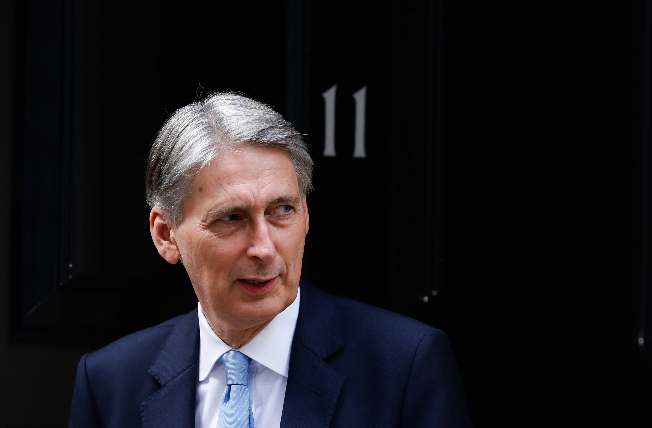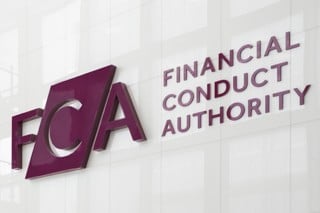Diesel car buyers could be put off a new purchase after new tax measures announced in Philip Hammond's 2017 Autumn Budget added upto £300 to the first year VED rate.
The Chancellor of the Exchequer took the decision to raise VED one band for older diesel cars in a move that would cost existing diesel around £25 to £40 annually but those buying a new diesel around £300 extra in a budget which also committed a further £450 million to drive EV adoption and continued the freeze on fuel duty in his 2017 Autumn Budget.
Additionally, the existing diesel supplement in Company Car Tax will increase by 1% for all vehicles that don't meet WLTP legislation real world emissions tests which will not become a legal requirement until 2020.
In its observations of the Budget's measures, ASE said: "The impact of the change to Real World Emissions standards was evident in both changes to VED and BIK rates.
"The new standards already place a significant burden on retailers in 2018 and it is interesting that the Chancellor is using this as the basis for his taxation policy moving forwards."
Investment in the promotion of EVs fell short of making up the negative effects of the anti-diesel measures, according to tax experts at MHA MacIntyre Hudson, meanwhile.
Hammond announced an investment of £450 million to the development of an EV charge infrastructure, with a £400 million charging infrastructure fund, £100 million addition to the plug-in-car grant and £40 million investment in charging R&D all part of the budget.
Company car drivers were told that they would not see ‘at work’ EV charging influence their BIK, meanwhile, in a budget which delivered another freeze on fuel duty.
Car retail still 'crying out for support'
But Nigel Morris, employment tax director at MHA, said: “I think more might have been expected when you look at the £400 million commitment, but there is a useful balance to be struck between the anti-diesel policies and those to promote EVs.
“I think, given the effect that the VED changes earlier this year had on the market, retailers may be concerned about any further action to make owning a diesel car more expensive.”
The Chancellor reiterated the Government’s support of training sector with apprenticeships and T-Levels, as well as investment in training for maths teachers, but Morris voiced disappointment that there was no specific commitment to motor industry training to back-up the shift towards EV and driverless cars.
“Overall, however, I don’t think the budget as presented anything that is going to dramatically influence the motor retail sector dramatically and that’s disappointing when you consider this is a sector crying out for some support.”
Car retailers will be affected by another 4.4% rise in the National Living Wage from April 2018, the rate rising from £7.50 to £7.83 and hour to deliver an average pay increase of £600-a-year for the industry’s lowest earners.
With many groups also boasting significant property portfolios a shift in the calculation of business rates will have some positive impact.
Hammond said: “We have listened to concerns about the potential costs of the annual uprating of business rates in April.
“And today I will accept the representation of the British Chambers of Commerce, CBI and other business organisations and bring forward the planned switch from RPI to CPI by two years, to April 2018. A move worth £2.3bn to businesses over the next five years.”
In addition, it will increase the frequency with which business properties are revalued to every three years from the current five year interval, following the next revaluation in 2022. Hammond said this will ensure the revaluation’s impact is less severe for businesses.
The government has also pledged to “remove the anomaly of the indexation allowance for capital gains – bringing the corporate system into line with personal capital gains tax”.
In a move which could affect retailer’s wishing to sell property from within their portfolio, the Chancellor froze the allowance so that companies “receive relief for inflation up to January 2018, but not thereafter”.
More demonisation or clarification?
Commenting on the measures announced in the Autumn 2017 Budget, Sue Robinson, NFDA director, said: “The higher tax on first registration of all diesel cars which are not certified by the Real Driving Emissions will disproportionately affect many motorists who will be looking to purchase the most efficient vehicle to suit their driving habits.”
She added: “The continued commitment from the Government to supporting the uptake of electric vehicles is extremely encouraging.
“This remains crucial if the Government wants to eliminate all petrol and diesel cars by 2040 as pure electric vehicles currently only represent 0.1% of the UK’s car parc.”
Ian Plummer, Auto Trader’s manufacturer director, said that changes to the taxation of diesel vehicles were “another step in the ongoing campaign from the Government to demonise diesel”.
He added: “Whilst we applaud the Chancellor for not penalising drivers of modern diesel cars, consumers will require greater clarity around the differences between the newest Euro 6 vehicles and older engine types to fully understand the changes in tax brackets.”
Director of valuations at Cazana.com, Rupert Pontin, said that the fact that the Government has also clarified its position on diesel vehicle taxation should “begin to provide stability for the new car market”, adding: “Increasing VED by one band for newer diesel vehicles that don’t meet current legislation under real world testing is a welcome move although it is interesting to see that this does not apply to business van use."

















Login to comment
Comments
No comments have been made yet.